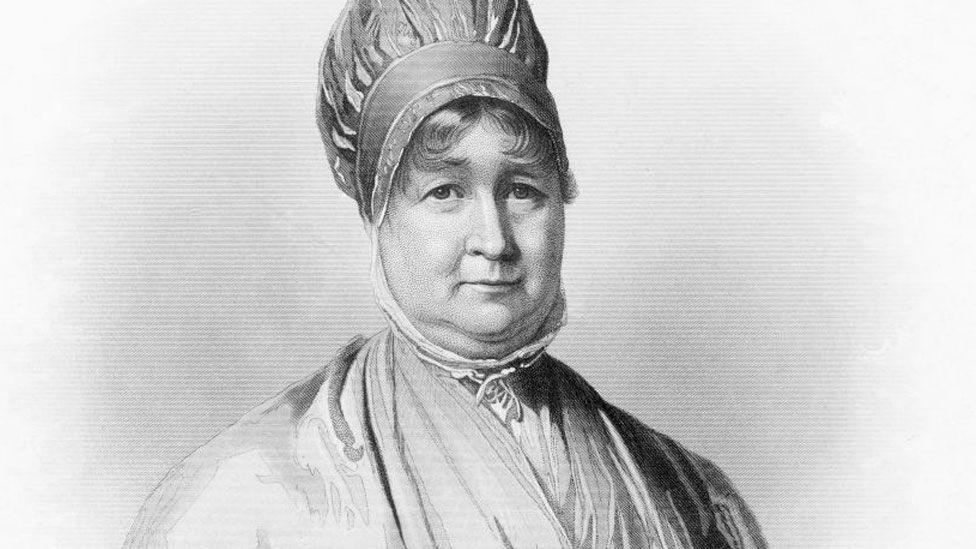'I lost my father in the war, now I fight for peace'
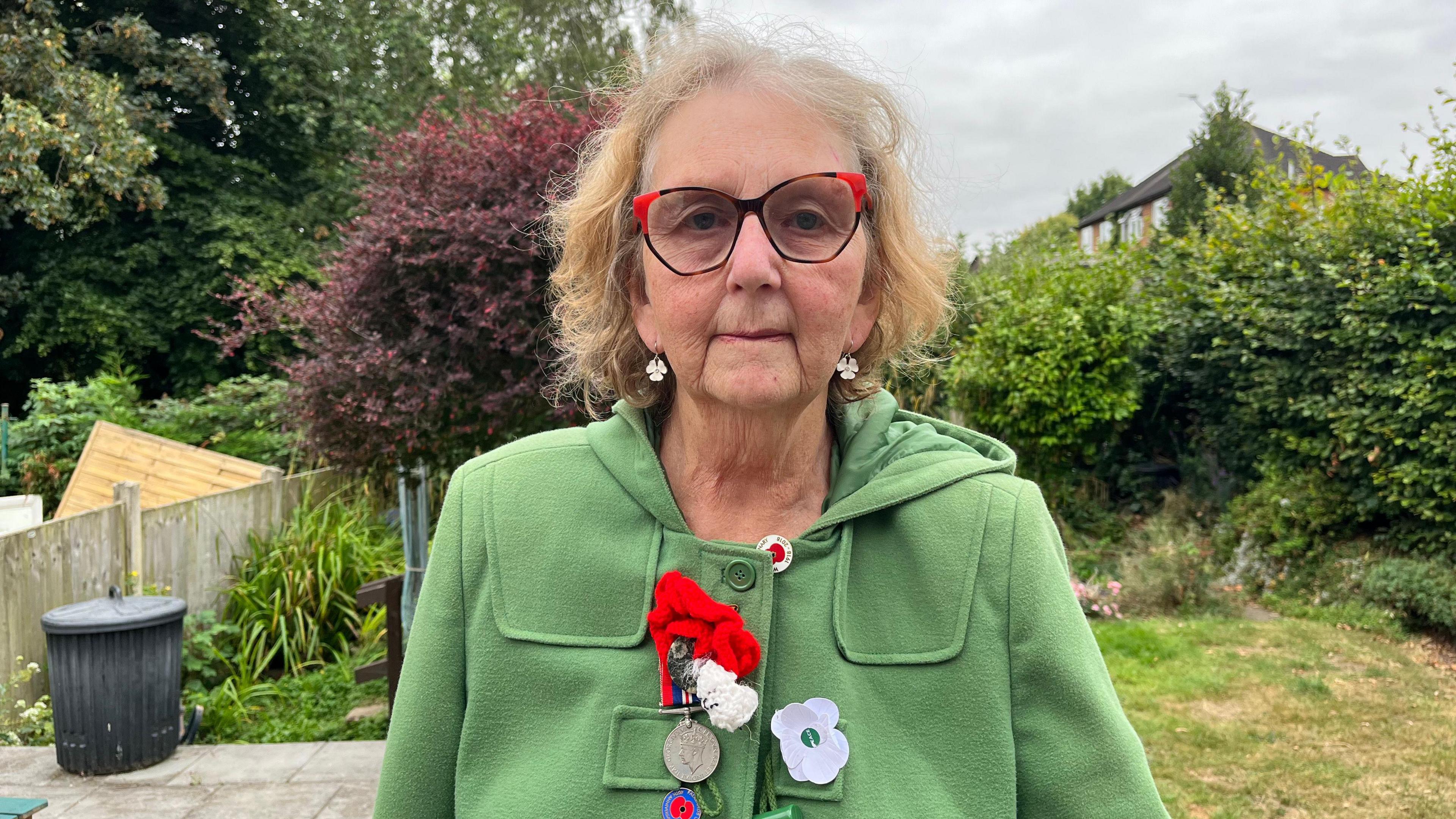
Judy Arliss' father Reginald was killed aged 37 when his ship was torpedoed by a Japanese submarine in 1944
- Published
Judy Arliss was just 19 months old when her father died on board the steamship SS Khedive Ismail on 12 February 1944.
Reginald Arliss was a Petty Officer in the Royal Navy, and was among 1,297 people killed when the vessel was torpedoed by a Japanese submarine in the Indian Ocean.
Eighty years on from VJ Day, and more than 81 years since her father's death at age 37, Ms Arliss still vows to "fight for pacificism until the day I die".
The 83-year-old, who is a Quaker, added she is "very proud" of her life-long commitment to peace.
On 5 February 1944 the SS Khedive Ismail left Mombasa, Kenya, where Ms Arliss' father was stationed, carrying 1,348 passengers including 271 Royal Navy personnel and more than 80 women, most who were nurses.
Four torpedoes were fired by a Japanese submarine, and "the ship went down in three minutes on a Sunday afternoon, with the band playing," Ms Arliss said.
The sinking of the transport vessel killed 1,220 men and 77 women, and according to the Commonwealth War Graves Commission, was the largest loss of servicewomen in a single incident in Commonwealth military history.
The Japanese submarine was later sunk by the destroyers and cruisers accompanying the convoy.
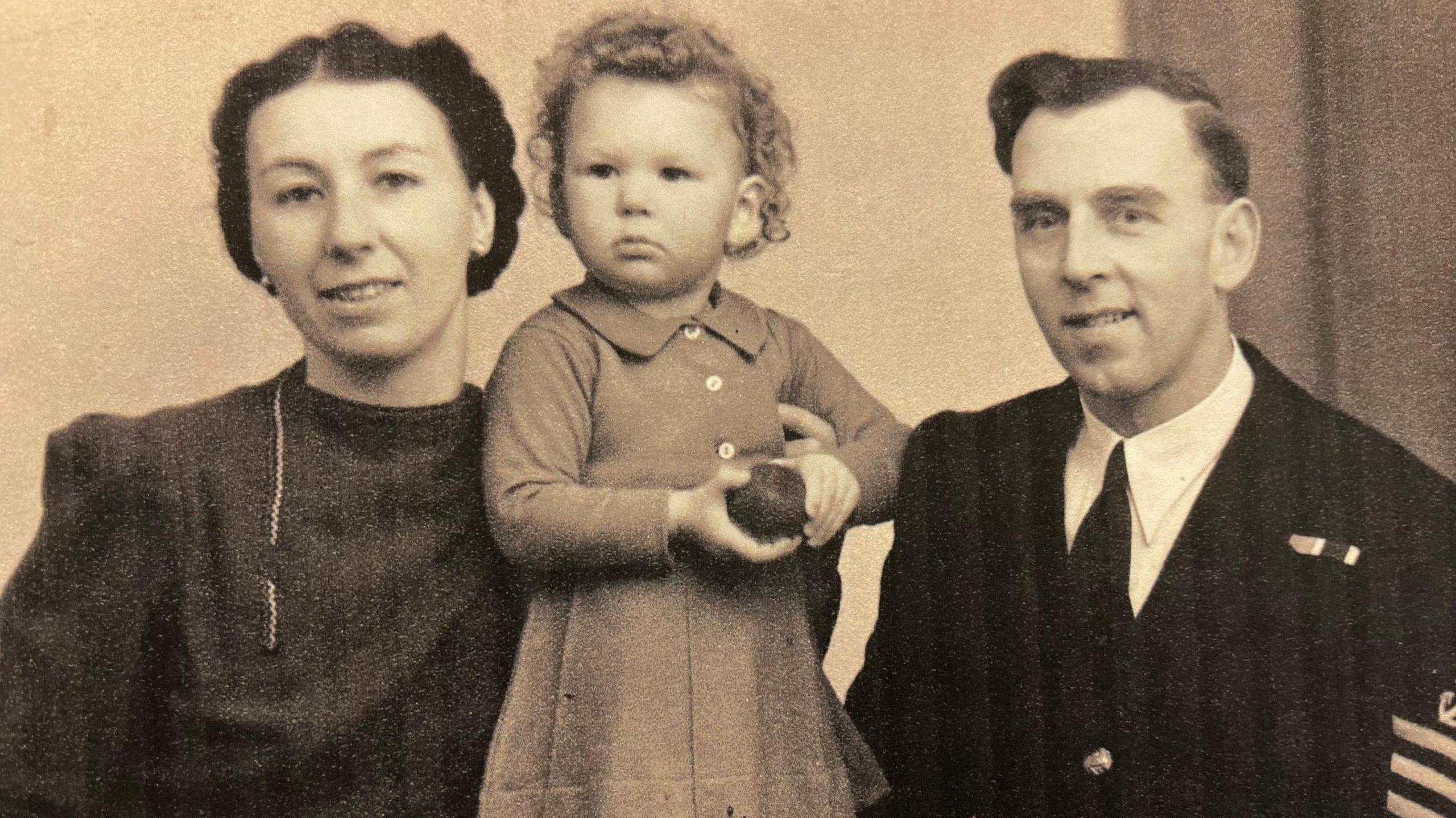
Ms Arliss only has one photo of herself with her father, Petty Officer Reginald Arliss
Before Ms Arliss was born, her mother Margery Arliss was evacuated to Shrewsbury after being bombed out of her flat in Liverpool.
"She had an aunt in Shrewsbury, and she was given a train ticket and got on the next train to Shrewsbury," Ms Arliss said.
Her mother ended up living near family in Meole Brace, and Ms Arliss, who still lives in the Shropshire market town, said she "had a wonderful five years living there going to school."
The impact of her father's death in the war meant Ms Arliss ended up "moving house 43 times" as her mother, who was made a widow aged 28, looked for work in housekeeping.
The 83-year-old said she has "been through a few religions", before settling on the Quaker faith 40 years ago.
"Obviously, I'm a pacifist, which I'm very proud of - I will preach pacifism until the day I die," she added.
Quakers are members of a group with Christian roots that began in England in the 1650s - the formal title of the movement is the Society of Friends or the Religious Society of Friends.
The group has a long tradition of opposing war and working in the pursuit of peace.
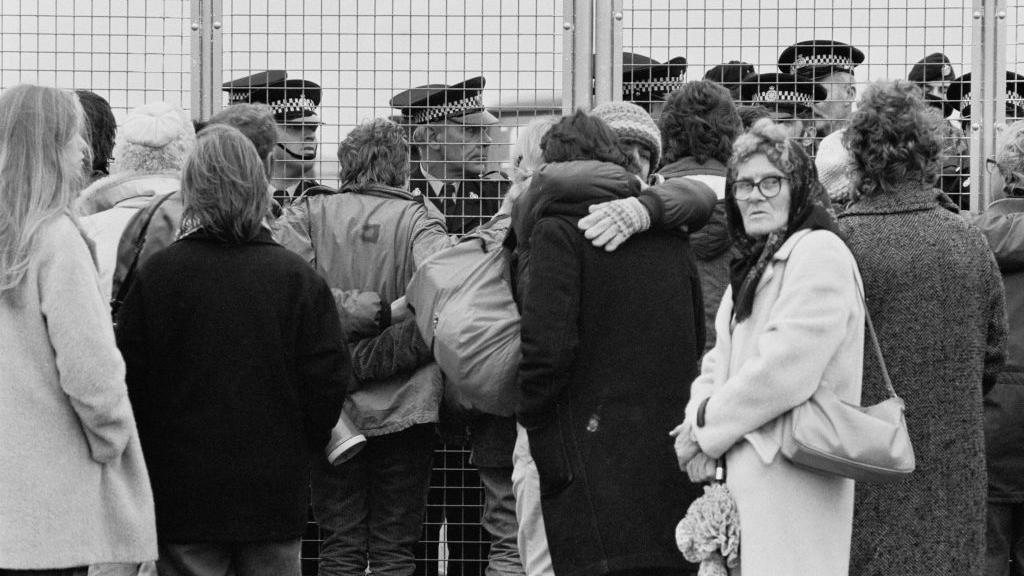
Judy Arliss was among tens of thousands of women who protested against nuclear warheads being stored at RAF Greenham Common
"I'm proud to say I went to Greenham Common and various other pacifist things," Ms Arliss added.
"What's the point in hating anyone? It only burns you up."
From 1981, thousands of women took part in protests and set up camp in opposition to 96 US Air Force nuclear warheads being stored at the RAF base in Berkshire.
The camp became a focal point of anti-nuclear sentiment in the UK, and many protesters highlighted their role as mothers aiming to make the world a safer place for their children.
Ms Arliss finds VE Day and VJ Day in particular tough to commemorate.
She said she was "crying all the time" watching this year's 80th anniversary coverage, adding: "I'm not a royalist, but I liked what the King and Queen and the Royal Family did, they put the survivors centre stage.
"I felt [it was] necessary to watch it."
Get in touch
Tell us which stories we should cover in Shropshire
Follow BBC Shropshire on BBC Sounds, Facebook, external, X, external and Instagram, external.
Related topics
Related stories
- Published15 August
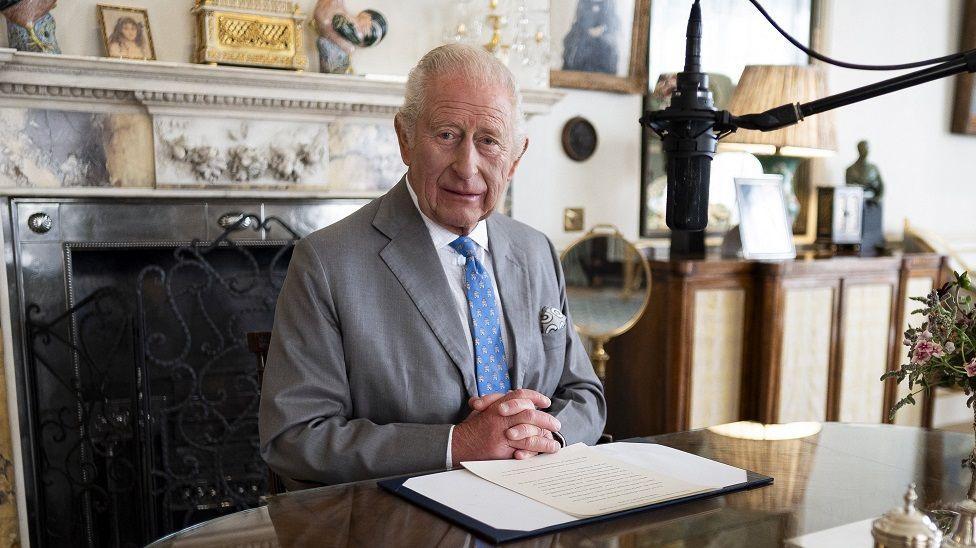
- Published16 August
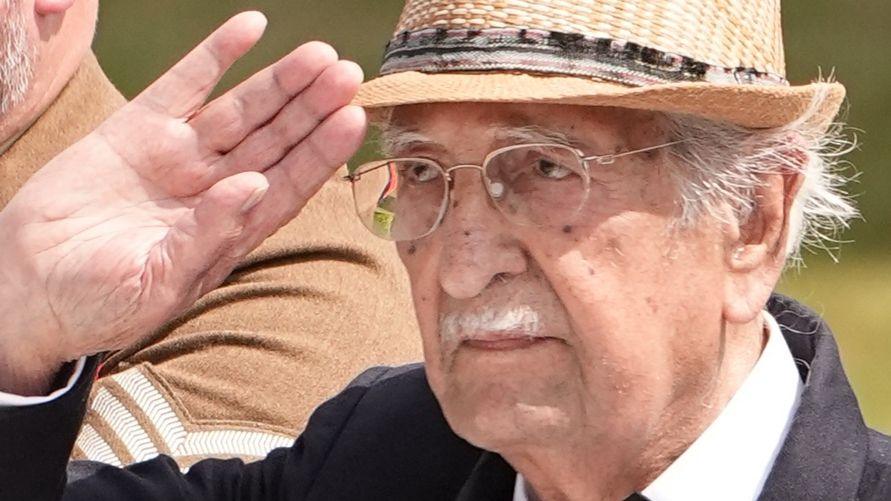
- Published14 August
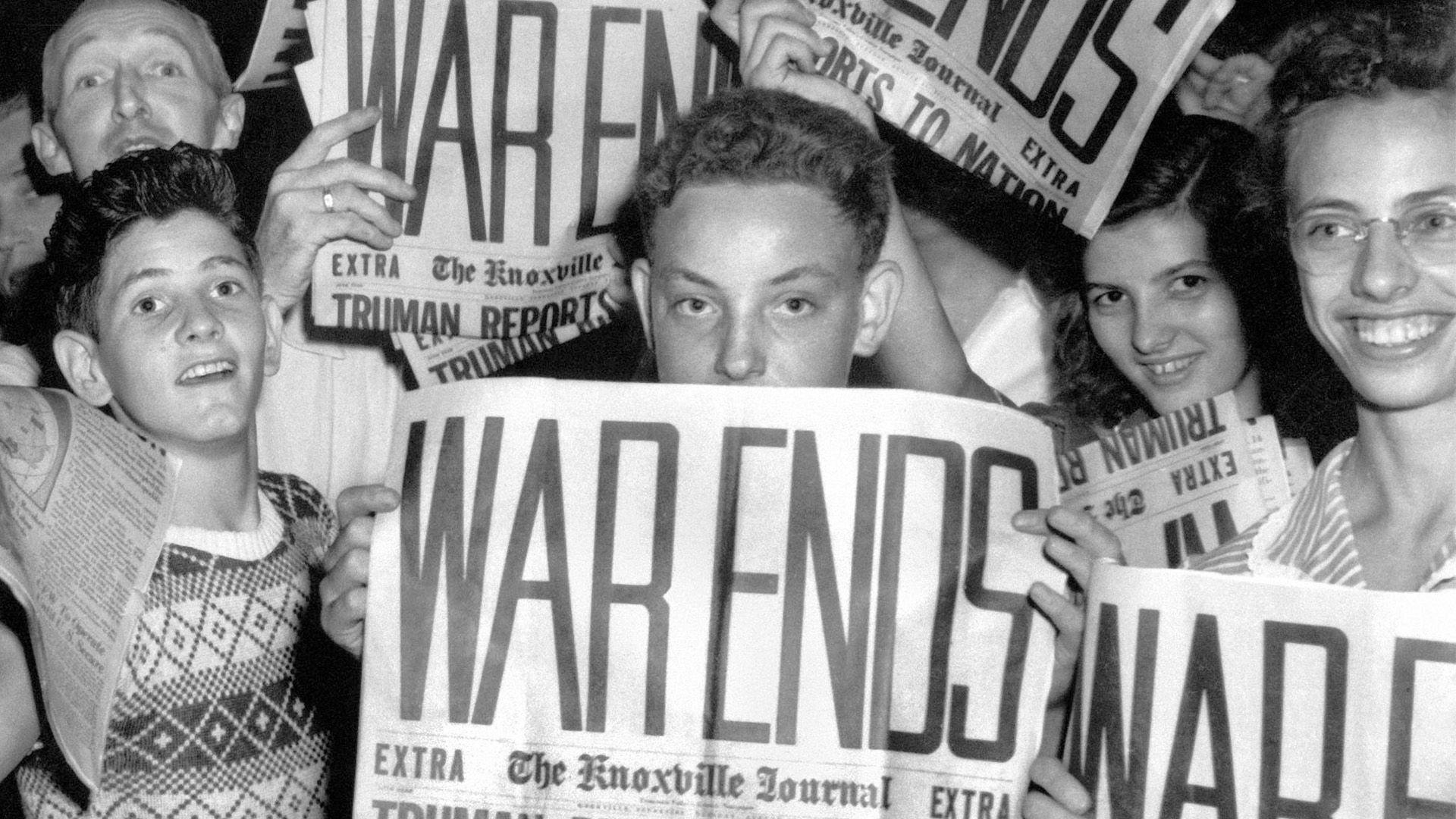
- Published12 October 2024
